Want to add a hotel stay or change your flights?
Just call our team of cruise specialists to help build your dream cruise holiday today!
Prices based on 2 people sharing. Cruise only price does not include flights. Fly-cruise price may vary by chosen UK airport.
(Prices correct as of today’s date, are updated daily, are subject to change and represent genuine availability at time of update).
Cruise only holidays are financially protected by ABTA. Fly cruise holidays are financially protected by Seabourn under ATOL number 6294
Please click here to check the essential travel requirements before booking this cruise.
Itinerary

Barcelona
The infinite variety of street life, the nooks and crannies of the medieval Barri Gòtic, the ceramic tile and stained glass of Art Nouveau facades, the art and music, the throb of street life, the food (ah, the food!)—one way or another, Barcelona will find a way to get your full atte... Read More
Barcelona
Palma de Mallorca
Alicante
Cartagena
Melilla
Motril
At Sea
Gibraltar
Tangier
Casablanca
At Sea
Arrecife, Lanzarote
Tenerife
Puerto de la Estaca, Santa Cruz de Tenerife, Canary Islands
Las Palmas de Gran Canaria
Santa Cruz de La Palma
At Sea
At Sea
Praia, Santiago Island
Mindelo, São Vicente Island
At Sea
At Sea
Puerto del Rosario, Fuerteventura
Arrecife, Lanzarote
Tenerife
San Sebastian de la Gomera
Las Palmas de Gran Canaria
What's Included with
Seabourn
Entertainment throughout the day and evening
Return flights included from a choice of UK airports (fly cruise bookings only)
WiFi included on-board
24-hour room service
Shuttle service to and from ports and airport where available
In-suite mini bar replenished daily
Almost 1:1 staff to guest ratio
In-suite bar replenished with your preferences
Personal Suite Stewardess
Complimentary laundry where applicable
Marina and complimentary watersports, Caviar in the Surf beach barbeques
Gratuities are neither required, nor expected
Seabourn Conversations with visionary experts
Selected wines, beers and spirits on-board
Luxurious, all-suite accommodation
Explore Seabourn Sojourn
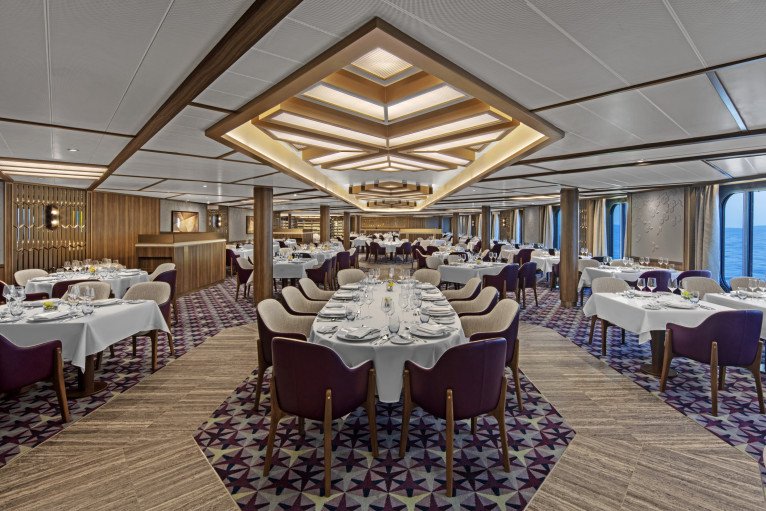




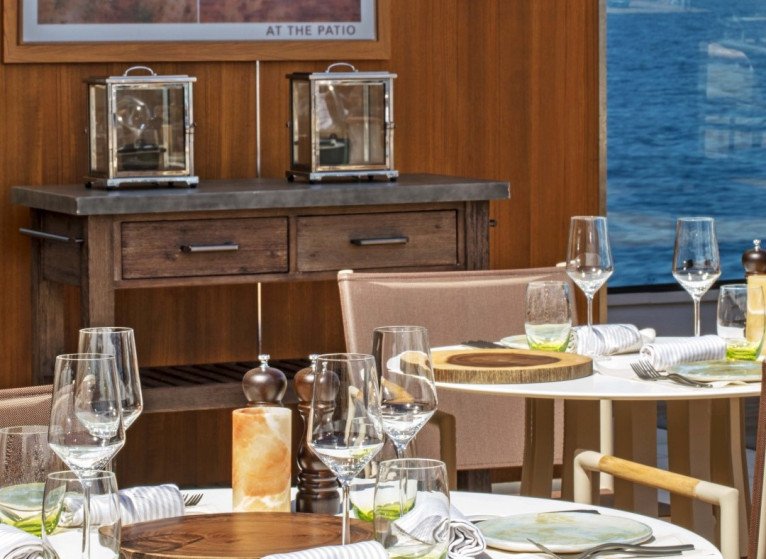

The Restaurant
Before Seabourn, open-seating dining on a cruise ship was unheard of. Come when you like, with whom you please, and be seated as you wish. The room is beautiful, the cuisine is exquisite, and the service is simultaneously flawless, friendly and fun.



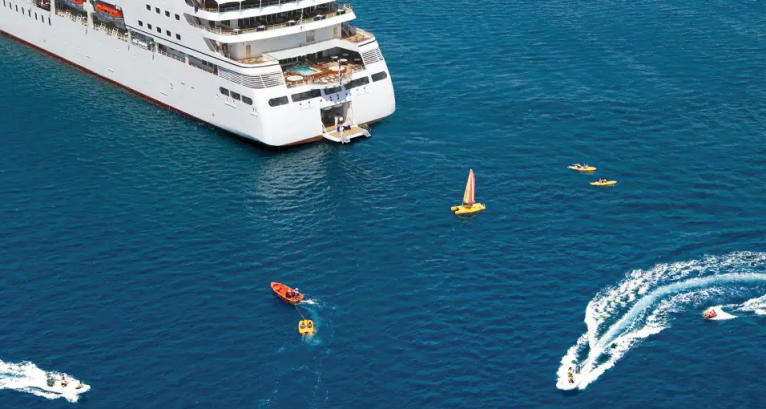



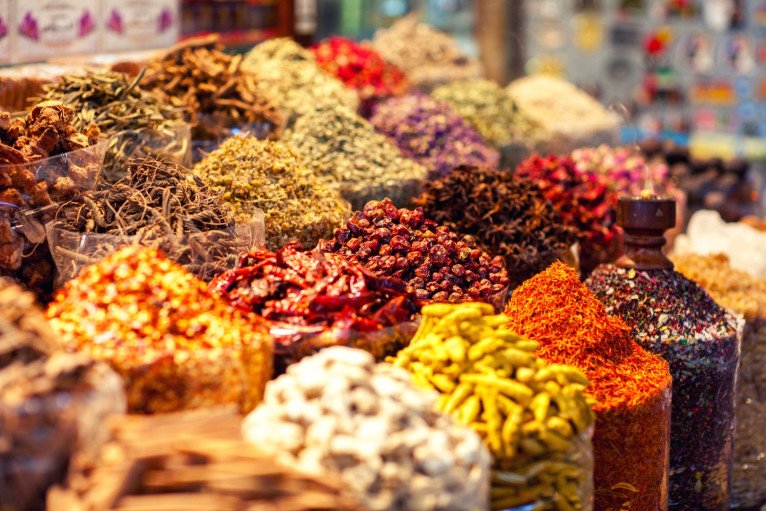

Shore Experiences By Seabourn
Our guests travel with us because they want to see, hear, learn and discover new places and experiences. To ensure that our guests have memorable and enriching experiences in the over 450 ports of call we offer annually, we contract the best local agents to create and operate some 12,000 carefully curated shore experiences, offering our guests a range of choices in duration, content and the type of activity involved to fully satisfy their wishes. To assist our guests in choosing among these numerous excursion options, we are categorizing our overall Shore Experiences by Seabourn into seven ‘Collections,’ according to the general interests they are designed to captivate.
The Cultural Collection
The Cultural Collection explores the arts, ideas and legacy of places, including access to UNESCO World Heritage sites around the world.
The Bespoke Collection
The Bespoke Collection affords guests opportunities to customize their shore experiences by arranging private cars and drivers, guides, yachts, reservations and other services in ports of call
The Adventure Collection
The Adventure Collection is an array of excursions offering guests active and participatory experiences in ports, including Ventures by Seabourn™ and expedition excursions on our Expedition ships.
The Mindful Living Collection
The Mindful Living Collection consists of guided shoreside experiences in Mindful Living, designed in partnership with world-renowned integrative medicine pioneer.
The Epicurean Collection
The Epicurean Collection invites guests to explore the unique flavors of a destination by indulging their passion for tasting both traditional and contemporary foods and drinks.
The Essential Collection
The Essential Collection offers shorter-duration introductory experiences such as guided walking tours, allowing guests with general interest to learn the highlights about a port.
The Journeys Collection
The Journeys Collection offers escorted pre-, post- and mid-cruise overland experiences of two to 13 days, exploring iconic landmarks impossible to visit during a scheduled port call.



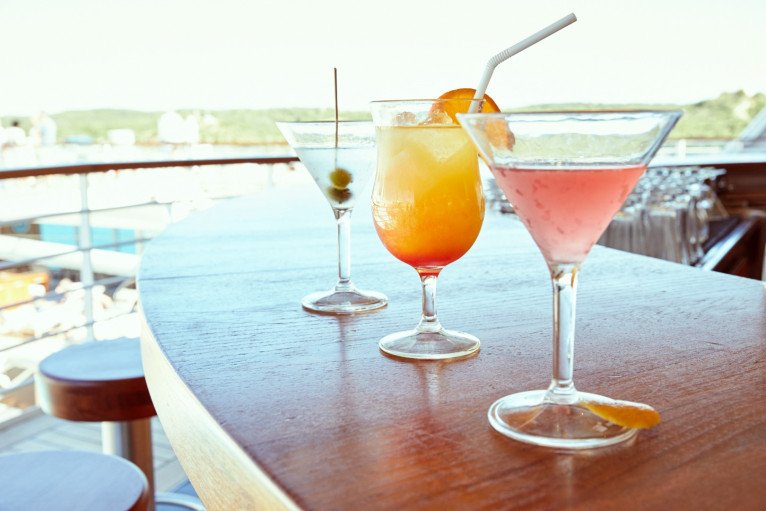

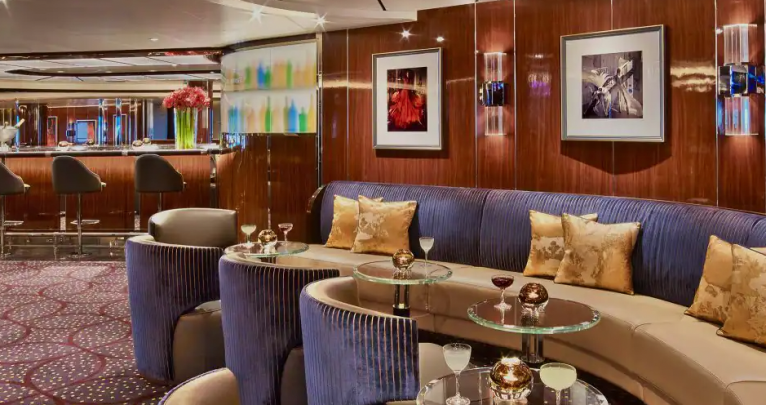



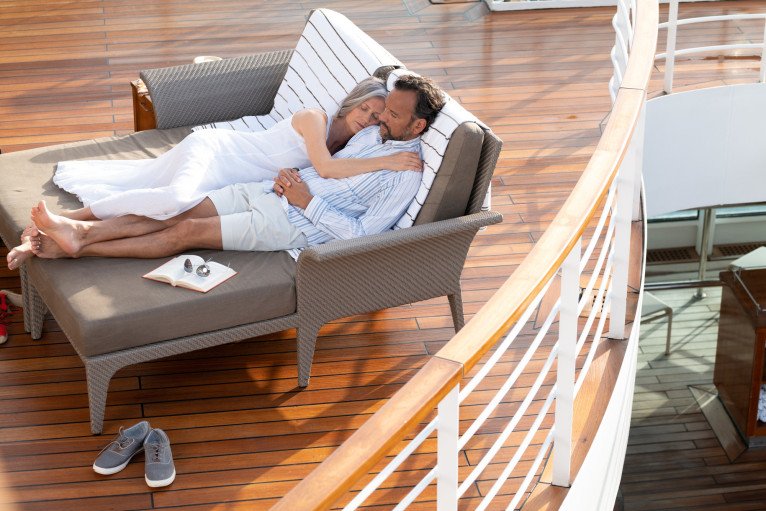
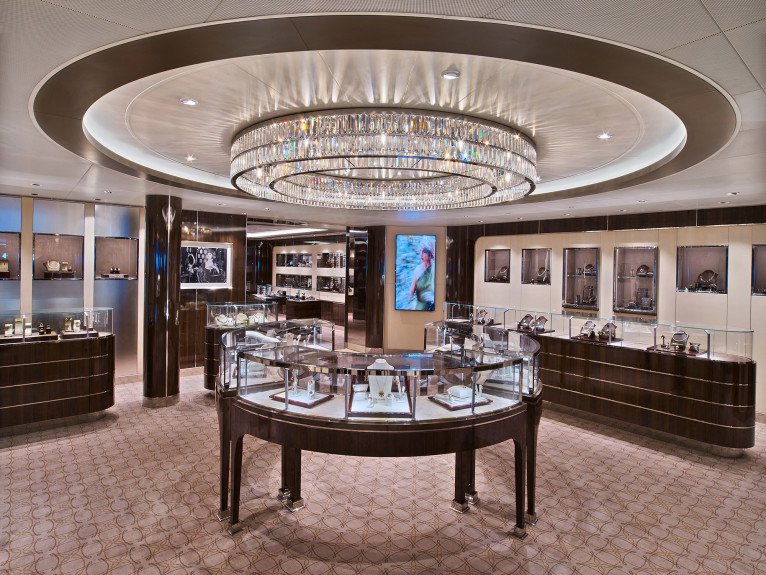
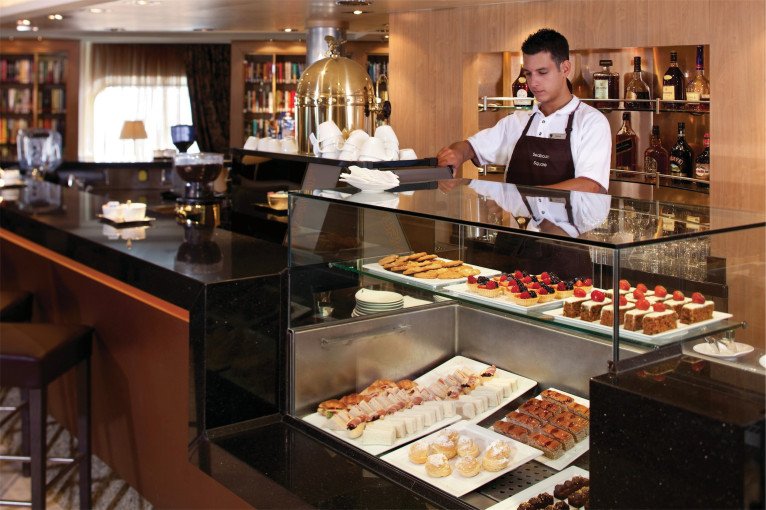

Grand Salon
The ship’s main showroom can accommodate all guests, though it seldom does because of the variety available. Lectures, cooking demonstrations, movies and other gatherings are held here in the daytime. In the evenings, live music for dancing before dinner gives way to vocal production shows, cabaret performances, comedy, and classical recitals, as well as more dancing later.





Pool
Offering the perfect setting for a sunny afternoon, the swimming pool is surrounded by an expansive sundeck with chaise lounges, shaded seating, two large whirlpool spas, and is within steps of the Patio Grill. Sun loungers and cabanas are arrayed in a mix of sun and shade. A stage provides occasional live music for dancing.
Deck 11

- Sun Terrace
- The Retreat
Deck 10

- Observation Bar
- Penthouse Suites
- Veranda Suite
- Sky Light
- Penthouse Spa Suite
Deck 9

- The Spa at Seabourn
- Spa Pool
- Treatment Rooms
- Salon
- Fitness Centre
- Motion Studio
- Sky Bar
- Bridge
- Penthouse Suites
- Veranda Suites
Deck 7

- The Colonnade
- Galley
- Restaurant 2
- Pool
- Whirlpools
- Stage
- Patio Bar
- Patio Grill
- Owner's Suites
- Veranda Suites
Deck 8

- Seabourn Square
- Seabourn Shop
- Coffee Bar
- The Boutique
- Card Room
- The Collection
- Veranda Suites
- Owner's Suite
- Grand Wintergarden Suites
- Wintergarden Suites
- Grand Signature Suites
- Signature Suites
Deck 6

- Grand Salon with Stage
- Whirlpool
- Veranda Suites
- Owner's Suites
Deck 5

- Veranda Suites
- Meeting Rooms
- The Club
- Casino
- Pool
- Whirlpools
Deck 4

- Galley
- The Restaurant
- Seabourn Suites
Deck 3

- Medical Facility
Deck 2

- Marina
- Pool
Seabourn Sojourn Cabins & Suites











Grand Wintergarden Suite
Meet Our Luxury Cruise Concierge
Our luxury cruise concierge have been on board a vast array of the finest ships at sea and are always happy to share their first-hand experiences to help curate your dream ultra-luxury voyage. From advising you on the best cruise lines and ships to helping you select from a variety of phenomenal destinations and itineraries, your dedicated concierge is on hand to ensure booking your next cruise is as seamless, smooth and tailored to you as possible.


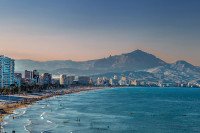

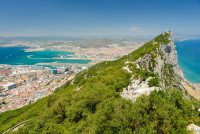
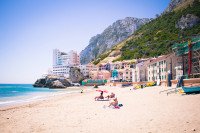
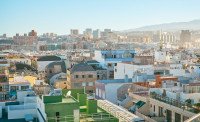
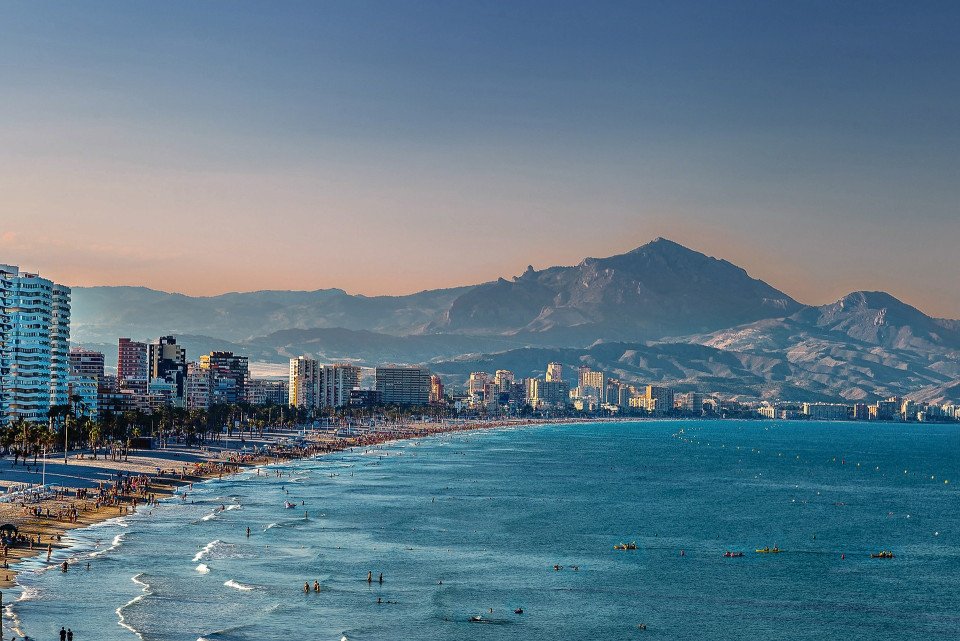

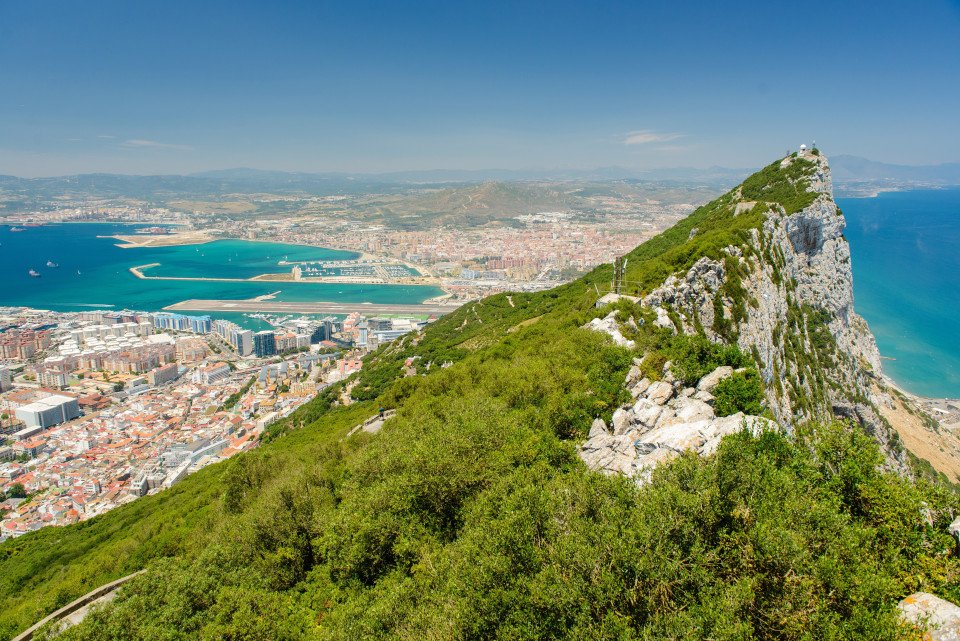
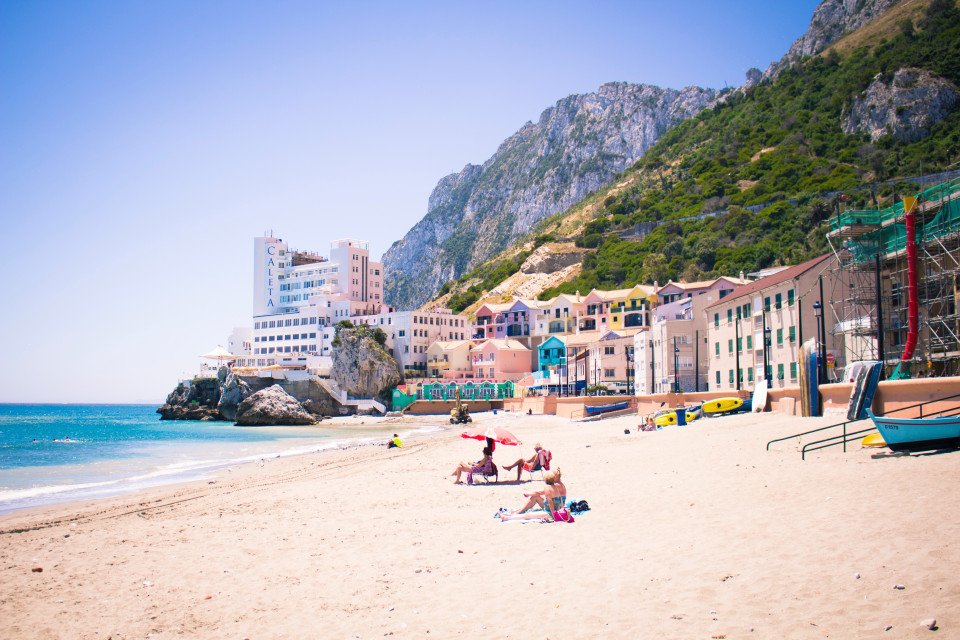
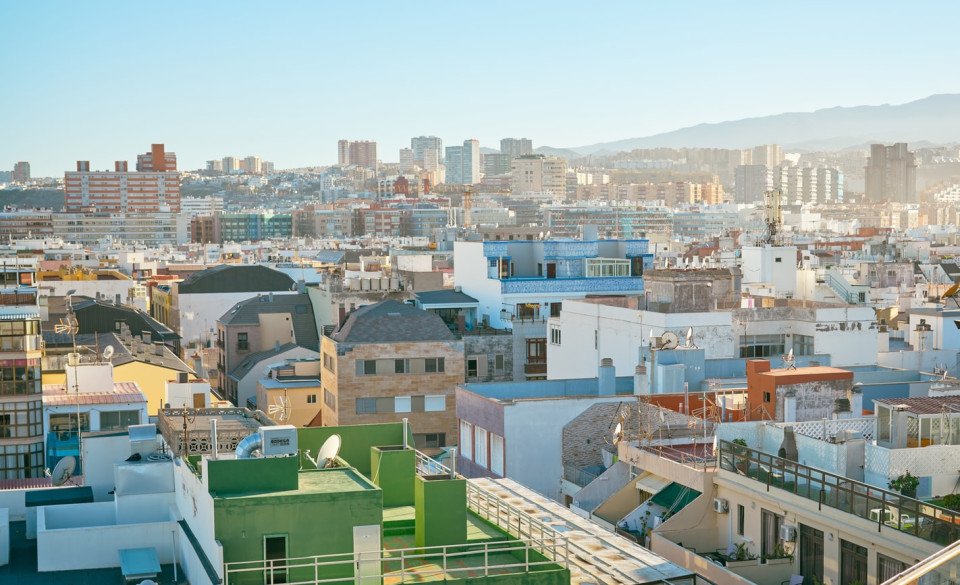


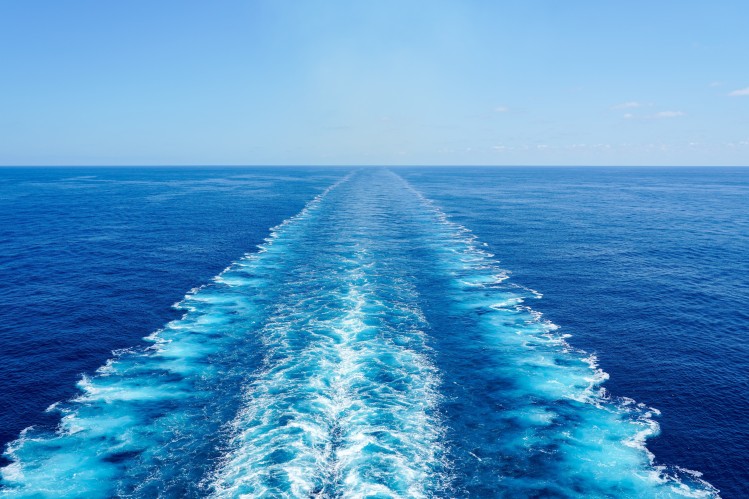


















-large_thumb.jpg)





-large_thumb.jpg)